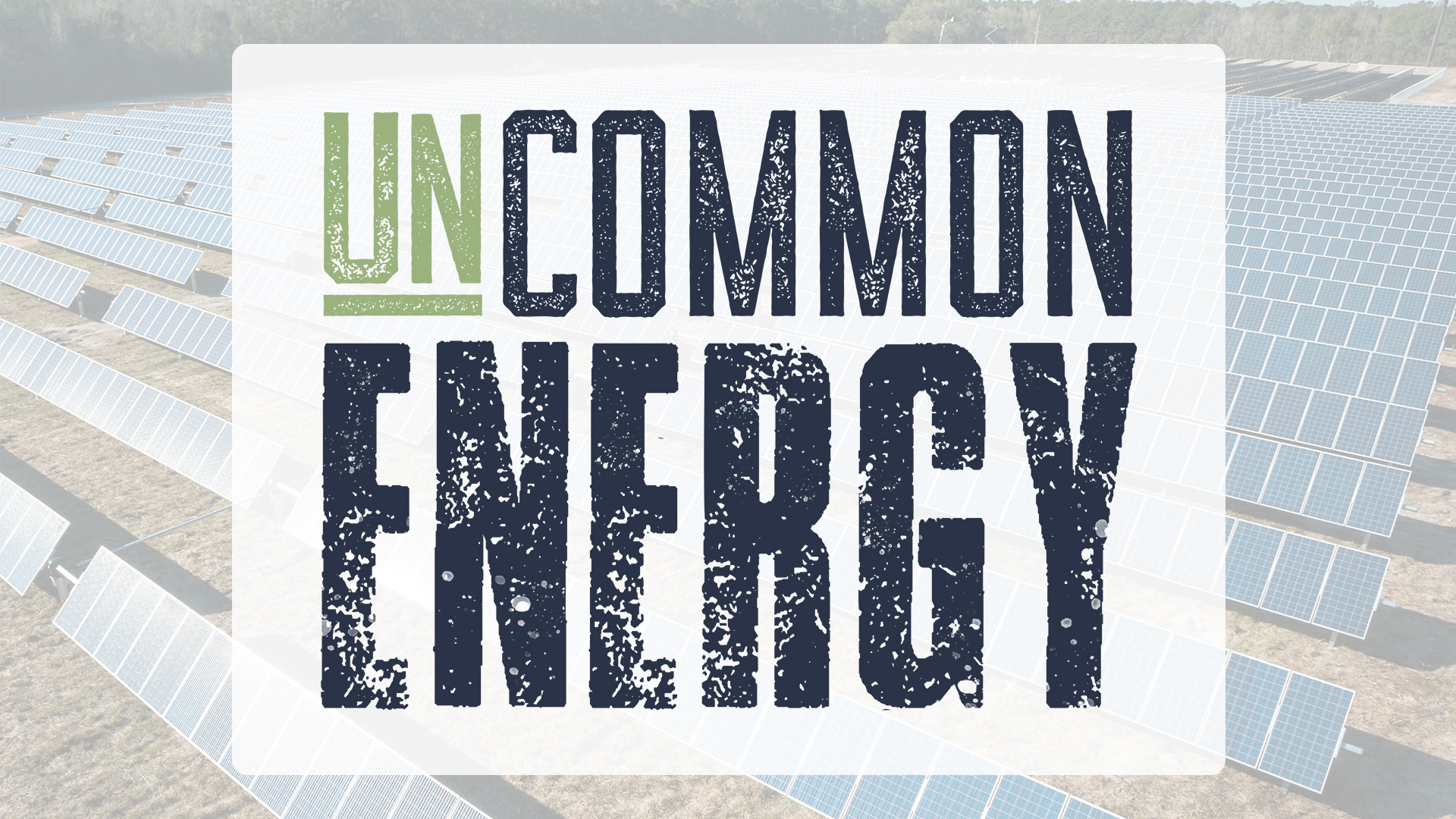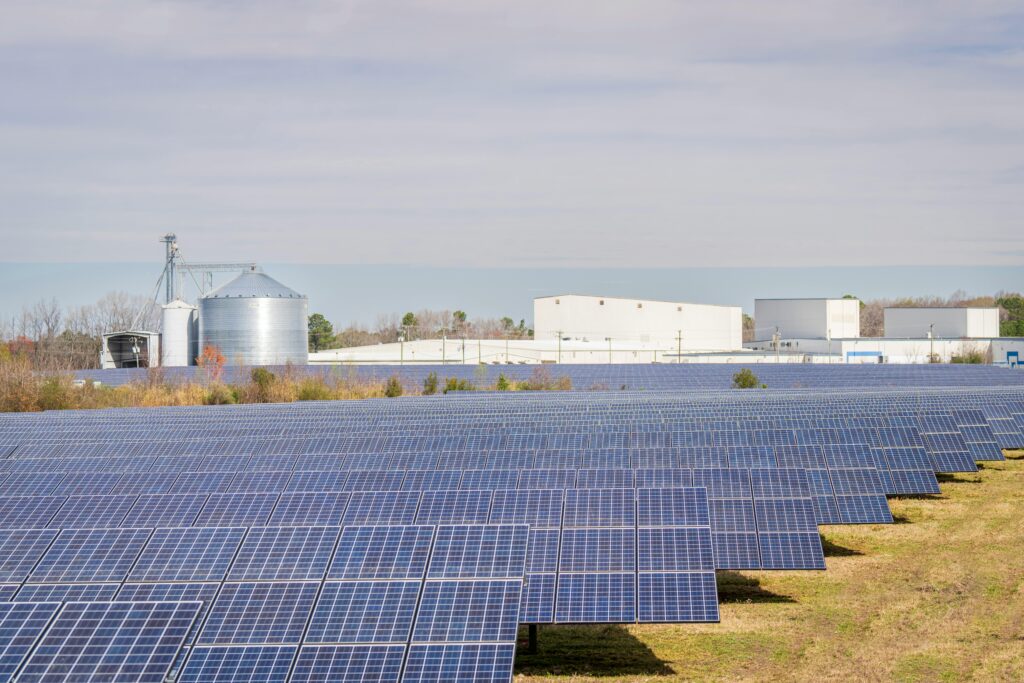Uncommon Farms and ARC Partner to launch 'Uncommon Energy'
At Advanced Renewable Concepts (ARC), our mission has always been to help communities adopt clean energy in a way that makes real business sense. Now, in partnership with UnCommon Farms, we’re bringing that mission straight to the heart of agriculture through the UnCommon Energy program.
This program is built for farms. It is not a repurposed residential model or a one-size-fits-all commercial package. It is tailored to the demands of production agriculture, where energy use is intense, costs are rising, and daily work cannot slow down.

Why We Partnered
Many solar programs ignore the financial reality of farm operations. When your dryers, irrigation systems, barns, and processing equipment are active, you cannot afford downtime or uncertain performance. You need reliable solutions that reduce operating costs and support the long-term strength of your operation.
UnCommon Energy was created to serve that need.
It is designed to:
- Meet the specific power loads of agricultural equipment
- Simplify the entire process so you can focus on production
- Use state and federal incentives to shift solar from an expense to an investment
Making Solar Affordable for Farms
Cost is often the biggest barrier for farms considering solar. UnCommon Energy helps solve that through financial tools built for agriculture.
The USDA REAP Grant can cover up to 50 percent of eligible project costs. The federal Investment Tax Credit adds another 30 percent. When you include depreciation and state or local programs, many farms see up to 90 percent of their cost covered.
These incentives allow producers to move into solar with less upfront strain and a faster path to savings.
Designed for Farm Operations
UnCommon Energy stands out because we engineer systems around the way farms actually use power. Your system is designed around peak loads, seasonal work, and the electrical realities of rural infrastructure. This approach reduces inefficiencies and helps the system produce the most value.
We work directly with farms to map each system to real equipment such as grain dryers, irrigation pumps, cooling systems, and shop tools. This ensures the system is sized correctly and aligned with actual energy use, which helps savings begin earlier and remain steady over time.

A Process That Keeps the Farm Moving
Utilizing solar energy to save money should not feel complicated. Our team manages every part of the project. This includes site review, grant applications, utility approval, engineering, installation, and final inspections.
You stay focused on your operation. We handle the details that bring the system online.
Because everything is aligned from the start, most farms see benefits early and continue to see value year after year.
Long-Term Stability for Your Operation
Solar is more than a short-term project. It is a long-term tool for cost control.
With UnCommon Energy you receive:
- A system built for decades of production
- Strong equipment and labor warranties
- U.S. manufactured components with proven reliability
- Ongoing support from the ARC team
This creates predictable energy costs and helps protect your operation from rising utility rates.



